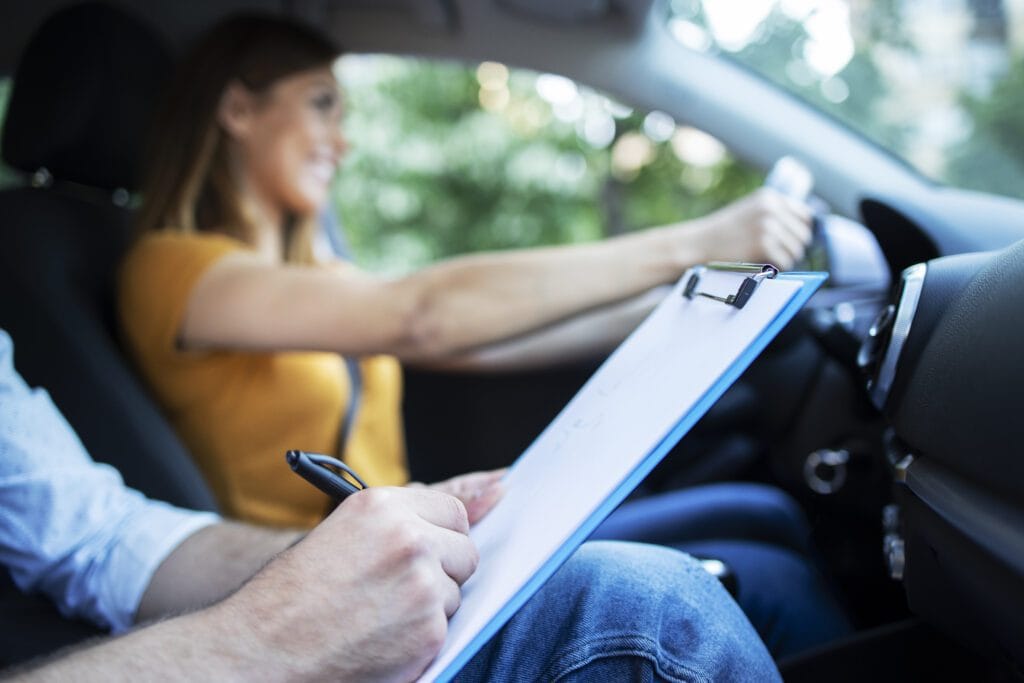
Can I have driving lessons at 16?
Learning to drive can be a challenging and exciting experience for 16-year-olds. However, for those with disabilities, the process can be even more difficult. Fortunately, there is a mobility allowance available to help young people with disabilities learn to drive. In this article, we will discuss the eligibility criteria for the mobility allowance, how to apply, and the types of adaptations that may be covered.
To be eligible for a mobility allowance, the applicant must be under 18 years old and have a permanent disability that affects their mobility. This can include physical disabilities such as cerebral palsy, muscular dystrophy, or spinal cord injuries, as well as cognitive disabilities such as autism or learning difficulties.
To apply for the mobility allowance, the young person will need to complete an application form and provide medical evidence of their disability. This can include a letter from a doctor or specialist, as well as any relevant medical reports. The application can be made through the local authority, and the young person’s parent or guardian may need to provide consent for the application to be processed.
Once the application has been approved, the mobility allowance can be used to pay for driving lessons, as well as the cost of adaptations to a vehicle. These adaptations can include hand controls, pedals, and steering aids, as well as specialized equipment such as steering wheel knobs or spinner knobs.
Driving lessons may also need to be adapted to meet the needs of the young person with disabilities. For example, they may need additional time to take the lessons or may need to take lessons with a specialised driving instructor. This is something that should be discussed with the local driving instructor or specialist driving school.
In addition to the mobility allowance, there are also other financial assistance programs available for young people with disabilities. These can include grants for vehicle adaptations, as well as funding for specialised driving lessons. It’s important to do some research and speak with the local authority to see what financial assistance is available and how to apply.
It’s also important to note that while all 16-year-olds are legally allowed to begin learning to drive, not all may be physically or mentally capable of doing so. It’s important for parents and guardians to consider the individual capabilities of their child before beginning driving lessons.
In conclusion, the mobility allowance is a valuable resource for young people with disabilities who wish to learn to drive. It can help cover the costs of driving lessons and vehicle adaptations, as well as specialized driving instruction. Eligibility for the allowance is based on a permanent disability that affects mobility and the applicant should be under 18 years old. Parents and guardians should research and speak with local authority to see what financial assistance is available and how to apply for it. Additionally, it’s important to consider the individual capabilities of the child before starting lessons.
Summary
- 16-year-olds in the UK can legally begin learning to drive, but cannot legally take a driving test or drive on public roads without a qualified instructor or supervising driver until they turn 17.
- A mobility allowance is available to help young people with disabilities learn to drive.
- To be eligible for the mobility allowance, the applicant must be under 18 years old and have a permanent disability that affects their mobility.
- The mobility allowance can be used to pay for driving lessons, as well as the cost of adaptations to a vehicle such as hand controls.
- To apply for the mobility allowance, the young person will need to complete an application form and provide medical evidence of their disability.
- Driving lessons may also need to be adapted to meet the needs of the young person with disabilities.
- Other financial assistance programs may also be available for young people with disabilities, such as grants for vehicle adaptations and funding for specialised driving lessons.
- Parents and guardians should consider the individual capabilities of their child before beginning driving lessons.



